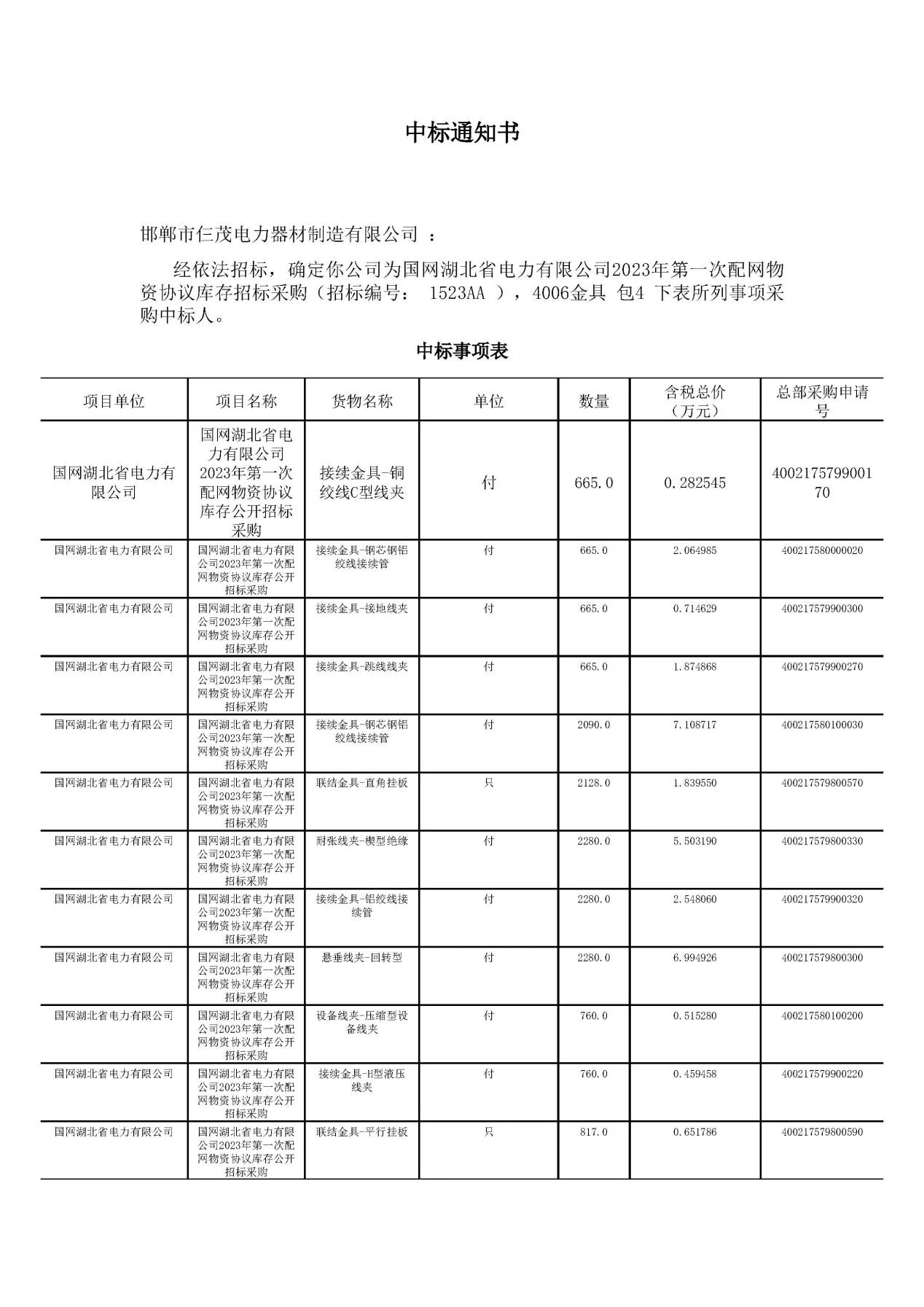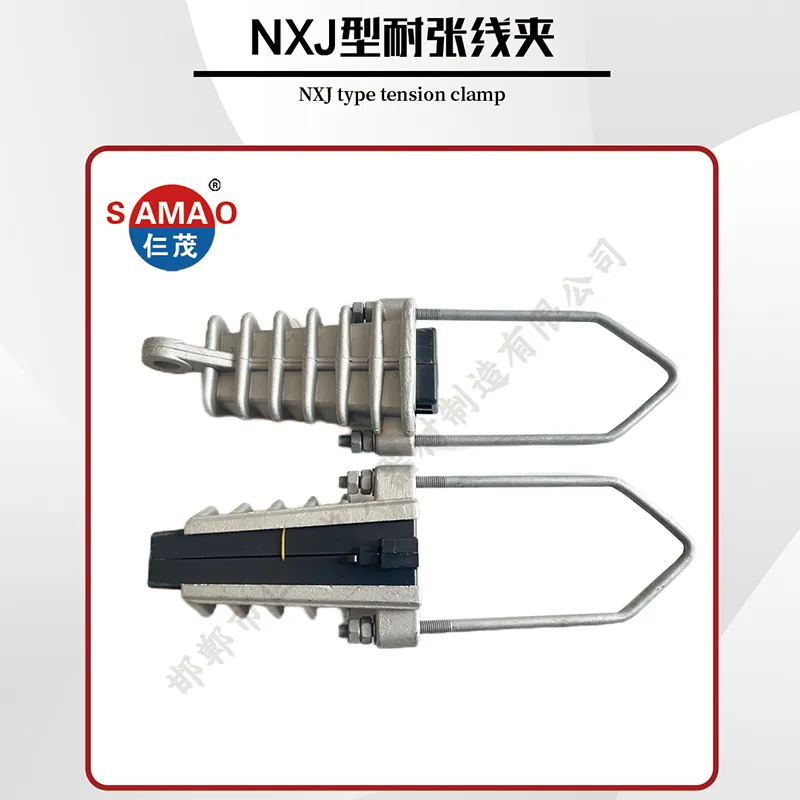1 月 . 22, 2025 00:37
Back To List
អ្នកផ្គត់ផ្គង់ខ្សែអេឡិចត្រូនិច
When navigating the intricate world of electronic cable suppliers, understanding key differentiators becomes crucial. The landscape is vast, with each supplier promising superior quality, cost-effective solutions, and innovative designs. The trick, however, is to discern which suppliers genuinely deliver on these promises and align with your specific needs.
Authoritativeness of an electronic cable supplier can be measured through certifications and compliance with international standards. These benchmarks serve as verification that a supplier adheres to rigorous quality and safety protocols. Look for certifications such as ISO 9001 for quality management systems or certifications specific to the electronics industry, like UL or CSA. Suppliers who participate in and contribute to industry conferences and workshops also project authority, indicating they are respected voices in the industry. Trustworthiness is paramount in supplier relationships. Transparent communication regarding pricing, specifications, delivery timelines, and potential risks is indicative of a trustworthy supplier. Those who offer comprehensive customer support and have accessible, knowledgeable representatives are preferable, as they are more likely to resolve issues quickly and efficiently. Reading reviews and obtaining references can provide a clearer picture of a supplier's reliability and customer satisfaction levels. For a practical perspective, consider the case of a major electronics manufacturer who sought a new cable supplier after encountering numerous quality issues with their existing partner. Through careful vetting, they selected a supplier with over 20 years of industry experience, multiple global certifications, and a sterling reputation for customer service. Post-transition, they reported a significant reduction in product defects, enhanced device performance, and fewer supply chain disruptions. In conclusion, selecting the right electronic cable supplier involves a thorough evaluation of their experience, expertise, authoritativeness, and trustworthiness. This careful selection process not only ensures the procurement of high-quality components but also establishes a robust foundation for long-term collaboration and innovation in product development. By prioritizing these key areas, one can effectively navigate the complex market of electronic cable suppliers and secure a partner that supports their business objectives with integrity and precision.


Authoritativeness of an electronic cable supplier can be measured through certifications and compliance with international standards. These benchmarks serve as verification that a supplier adheres to rigorous quality and safety protocols. Look for certifications such as ISO 9001 for quality management systems or certifications specific to the electronics industry, like UL or CSA. Suppliers who participate in and contribute to industry conferences and workshops also project authority, indicating they are respected voices in the industry. Trustworthiness is paramount in supplier relationships. Transparent communication regarding pricing, specifications, delivery timelines, and potential risks is indicative of a trustworthy supplier. Those who offer comprehensive customer support and have accessible, knowledgeable representatives are preferable, as they are more likely to resolve issues quickly and efficiently. Reading reviews and obtaining references can provide a clearer picture of a supplier's reliability and customer satisfaction levels. For a practical perspective, consider the case of a major electronics manufacturer who sought a new cable supplier after encountering numerous quality issues with their existing partner. Through careful vetting, they selected a supplier with over 20 years of industry experience, multiple global certifications, and a sterling reputation for customer service. Post-transition, they reported a significant reduction in product defects, enhanced device performance, and fewer supply chain disruptions. In conclusion, selecting the right electronic cable supplier involves a thorough evaluation of their experience, expertise, authoritativeness, and trustworthiness. This careful selection process not only ensures the procurement of high-quality components but also establishes a robust foundation for long-term collaboration and innovation in product development. By prioritizing these key areas, one can effectively navigate the complex market of electronic cable suppliers and secure a partner that supports their business objectives with integrity and precision.
Next:
LATEST PRODUCTS




